Thursday 27 April, 12:00 – 13:30pm BST
In collaboration with

The event has now ended.
The audio is available here.
Please watch the recording below.
About:
Democracy and human rights have been under increased pressure globally. The Varieties of Democracy Institute’s latest report has found that advances in democracy over the last 35 years have been wiped out, and that 72% of the world’s population live in autocracies in 2022. In this challenging context, international development agencies have been adjusting how they support democracy and rights objectives. Lessons are being learned about how aid can be most effective, including by using thinking and working politically approaches. These are often presented and acted upon from the perspective of donor agencies or implementers of democracy and human rights programmes, through donor funded reviews and evaluations, such as the latest UK Independent Commission for Aid Impact report on the UK’s approach to democracy and human rights.
This webinar aims to flip the global conversation. It starts from the perspective of democracy and human rights activists from the Global South, rather than aid agencies. It asks what they consider to be good practice in terms of the provision of external support, what has undermined their efforts, and what can be done differently.
The Speakers:
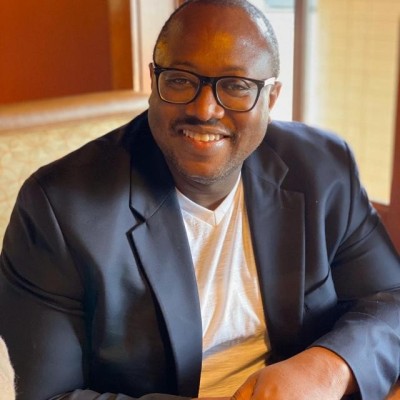
Dr. Kojo Assante
Director for Advocacy and Policy Engagement at Ghana Center For Democratic Development (CDD-Ghana), Ghana
Dr. Kojo Asante leads a team of researchers, programme officers, and communication specialists at CDD-Ghana to translate the Center’s research into content for advocacy, inform policy engagements, and promote effective governance and inclusive development in Ghana and beyond. Before taking this role in February 2018, Kojo was Senior Research Fellow at CDD-Ghana, and he has also served as the Center’s Head of Research and Programmes. He has led and managed several of the Center’s most significant research projects, and as part of that he has worked closely with a variety of donors, including FCDO and the World Bank. Kojo is a trained barrister and legal policy and governance specialist with considerable experience and expertise on issues such as anti-corruption, social accountability, local government, human rights, natural resource governance, and the politics of development. He holds a Masters in Africana Studies from the State University of New York at Albany, NY, and a PhD in International Policy and Development from the University of Manchester, UK.
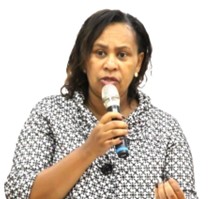
Caroline Gaita
Executive Director, Mzalendo Trust, Kenya
Caroline Gaita is a strategic communications and governance specialist, writer, media and public relations practitioner, and non-profit director with more than 15 years’ experience supporting both State and non-State actors in institutional strengthening, public policy and general impact communications. She is well versed with policy and legislative review and monitoring issues and processes. She currently serves as the Executive Director of Mzalendo Trust, Kenya’s premier Parliamentary Monitoring Organization. Prior to joining the non-government sector, Caroline worked at various private sector and government agencies in Kenya.
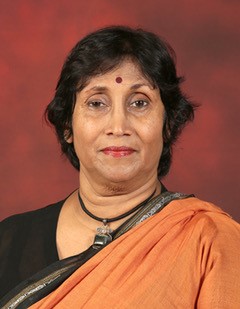
Dr. Sakuntala Kadirgamar
Executive Director, Law and Society Trust, Sri Lanka
Sakuntala Kadirgamar is the Executive Director of the Law and Society Trust – a human rights research and advocacy organisation in Sri Lanka.
She is a senior governance expert with extensive experience providing policy and technical advice on constitutions, governance reform, transitional justice, the design of electoral systems and political party reforms, and the of mainstreaming gender and social inclusion and the sustained promotion of human rights. Sakuntala has worked in fragile states and post conflict transitions in contexts of extreme political volatility, change and uncertainty. She has been called upon to play a key role in providing policy advice to diffuse political and social tensions and to advance new governance and development initiatives that ensure the inclusion of diverse political factions, minorities and women.
Prior to her role at the Law and Society Trust, Sakuntala was Senior Constitution Adviser at the International Institute for Democracy and Electoral assistance (IDEA) and Head of the Asia Program (IDEA), based in Stockholm, Sweden. She has served the Mediation Support Unit of the United Nations as the Gender and Inclusion Advisor and as an Adviser on Constitutions and Power Sharing. Sakuntala was also an Adviser at the National Dialogue Conference of Yemen and a Senior Constitution Adviser to the United Nations Political Office for Somalia and to the UNDP in Nepal. She has a Phd in Jurisprudence from the University of Sydney, Australia, and she holds a LLB from the University of Colombo and a BA in Social Sciences from the University of Reading, UK.
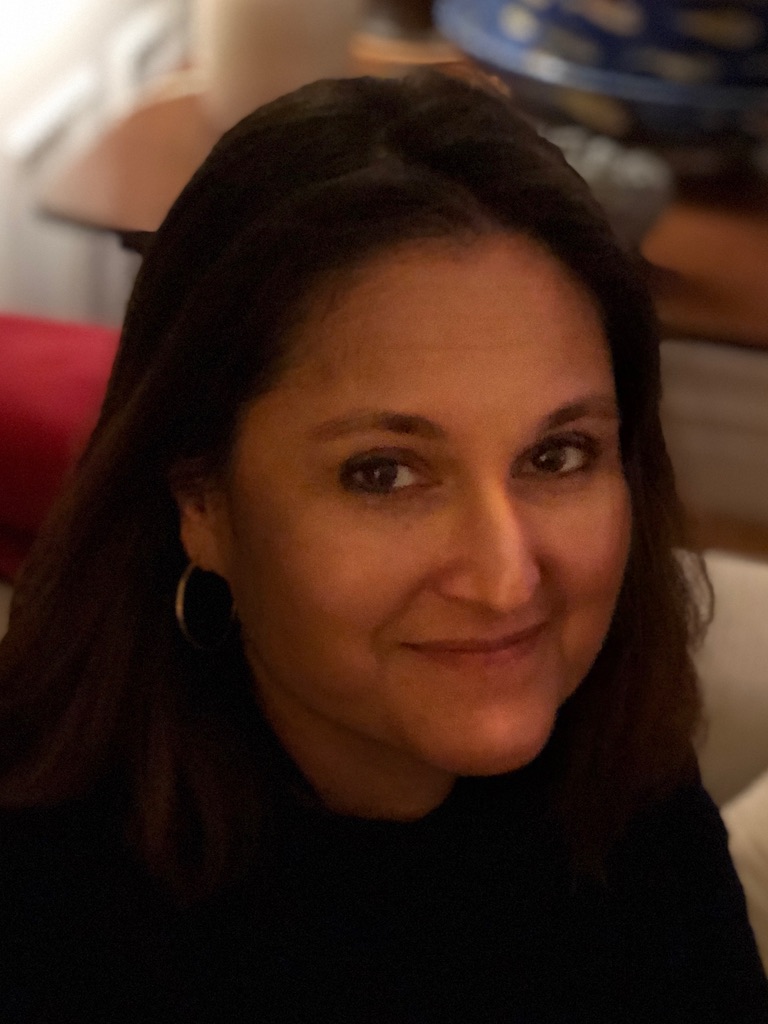
Ayesha Khan
Senior Research Fellow, Gender Equality and Social Inclusion Programme, ODI, UK
At ODI, a global affairs think tank based in London, Ayesha is leading research on the backlash against women’s rights and feminist mobilisation. She is the author of The Women’s Movement in Pakistan: Activism, Islam and Democracy, published in 2018.
Ayesha has worked for over 25 years as a gender and development researcher. Her thematic areas of interest are feminist movements, women’s political participation and democratisation, sexual and reproductive rights, and economic empowerment. She has served on the governing bodies of leading advocacy NGOs working for women’s rights in Pakistan, and has participated in task forces to reform government policies to improve sexual and reproductive rights.
Prior to joining ODI, Ayesha worked with the Collective for Social Science Research in Karachi for over 20 years. She was also part of the FCDO-funded Action for Empowerment and Accountability programme led by the Institute of Development Studies (IDS) in the UK, where she undertook research on women’s political voice, the empowerment effects of women’s paid work, shrinking civic space, and donor support to democratisation. Ayesha has a PhD from IDS. She did her undergraduate studies at Yale University and her master’s degree at SOAS in London.
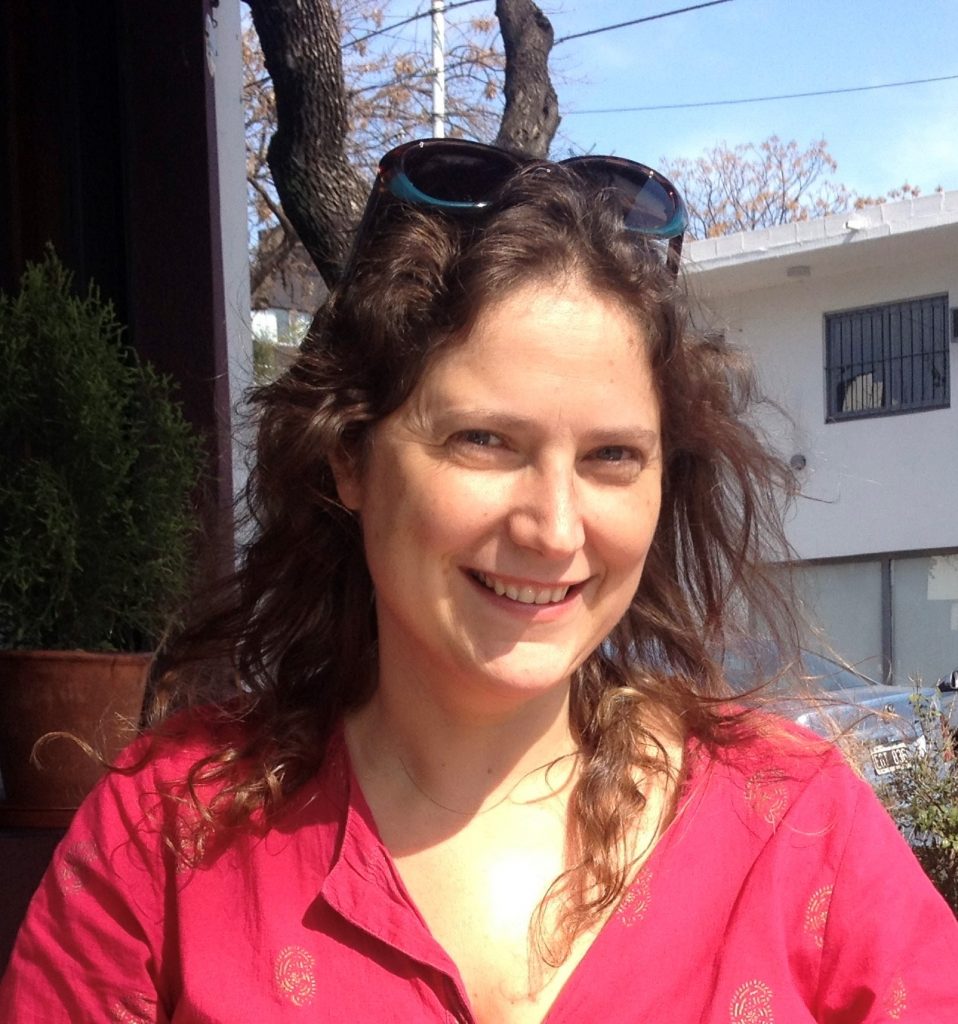
Laure-Hélène Piron (chair)
Director, The Policy Practice, UK
Laure-Hélène has over 25 years of experience in development policy and management with expertise in political economy analysis, democratic governance, rule of law, human rights, conflict and fragility and institutional development. She has recently completed the UK Independent Commission on Aid Impact’s review for the of the UK’s approach to democracy and human rights. She is a core trainer in The Policy Practice/ODI Political Economy in Action course and facilitates political economy and adaptive management processes. She also contributed to the recent updates of the UK and Australian governments’ guides on political economy analysis. Laure-Hélène has worked for the UK Department for International Development as a senior governance adviser and team leader both in London and Afghanistan. She was a Research Fellow at the Overseas Development Institute. She has a track record in policy and strategy development, as well as in the design, review and evaluation of programmes. She has undertaken assignments for bilateral and multilateral agencies as well as international NGOs in Africa, Asia, the Middle East and Latin America. She has a BA in Philosophy, Politics and Economics and a MPhil in Politics from Oxford University, and a Master in human rights from Columbia University.
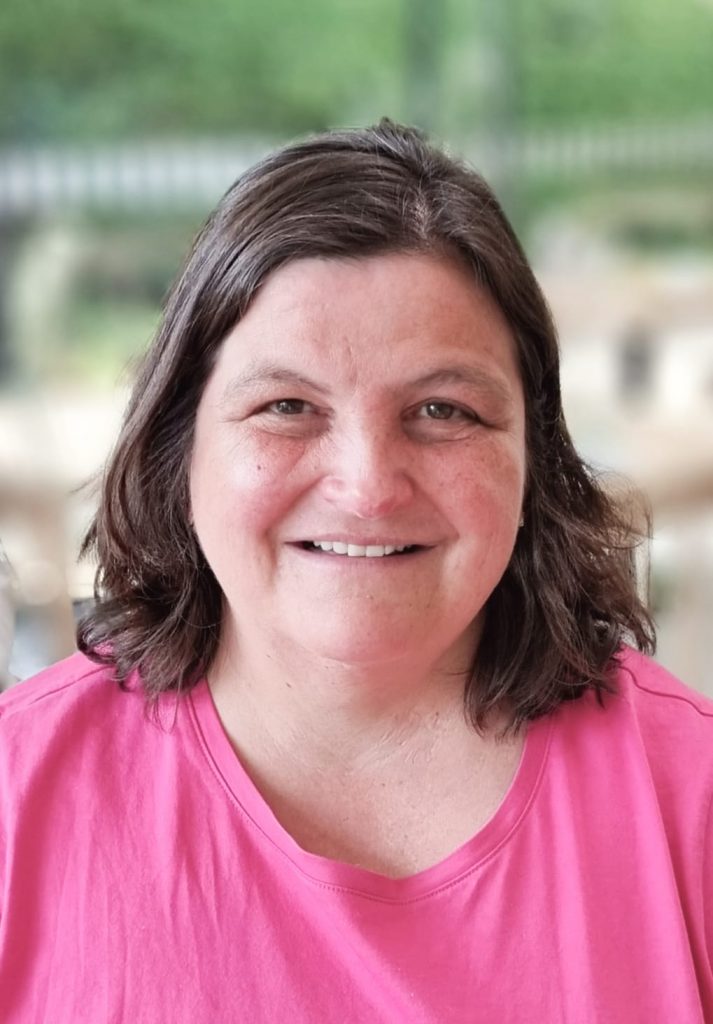
Alina Rocha Menocal (discussant)
Director, Thinking and Working Politically Community of Practice, University of Birmingham, and Principal, The Policy Practice, UK
Originally from Mexico, Alina is a well-regarded and internationally recognised expert on politics and governance with two decades of experience in conducting high quality and impactful policy-relevant research. Until June 2022, she was a Principal Research Fellow at the ODI, which she joined in 2005 and where she remains a Senior Research Associate. She was also one of the founding members of the TWP CoP in 2013.From 2016 to 2020, she was Senior Democracy Fellow in Applied Political Economy Analysis (PEA) at USAID.
Over the course of her career, Alina has worked to bridge the gap between research and policy in thinking about governance and the politics of change, as well as to inform more effective engagement and ways of working among international actors. Her areas of expertise include democracy/ democratisation and the challenges of multiple dimensions of institutional transformation; political settlements and inclusion; fragility, state- and peace-building and (post-)conflict trajectories; women’s empowerment; citizen voice and accountability; and corruption and anti-corruption efforts. Alina has published extensively on all these issues and she holds a BA from Yale University in political science, and a MIA on Economic and Political Development and a MPhil in Political Science/Comparative Politics from Columbia University.
